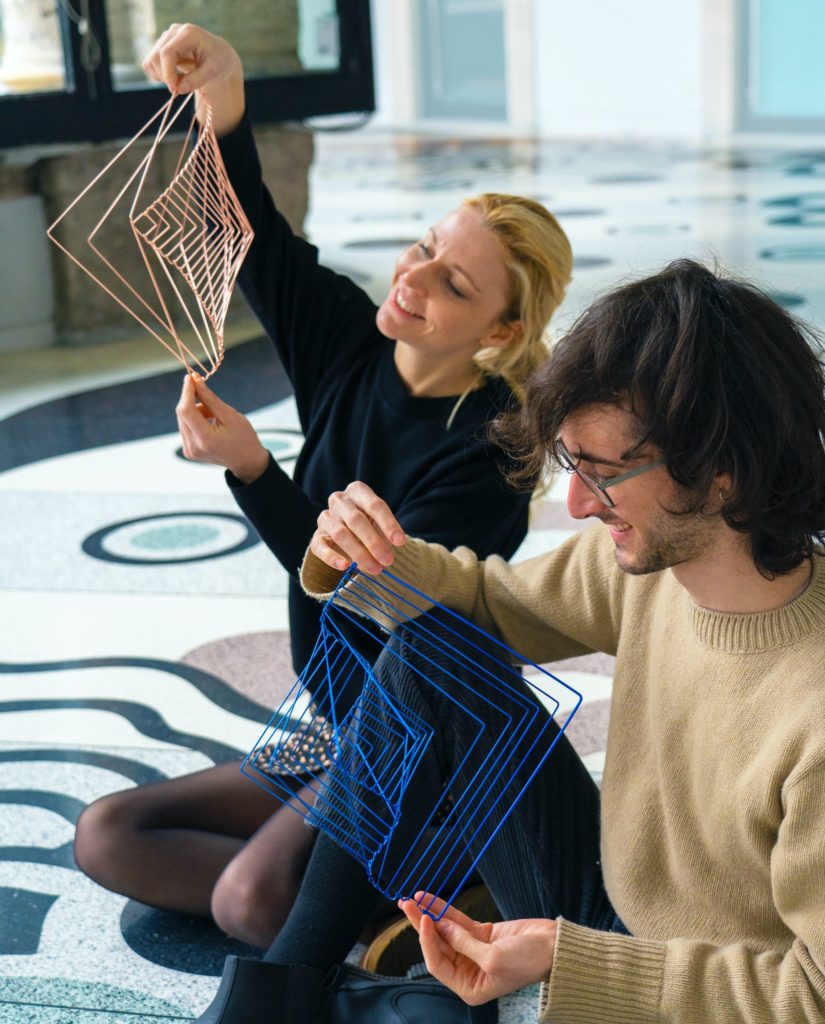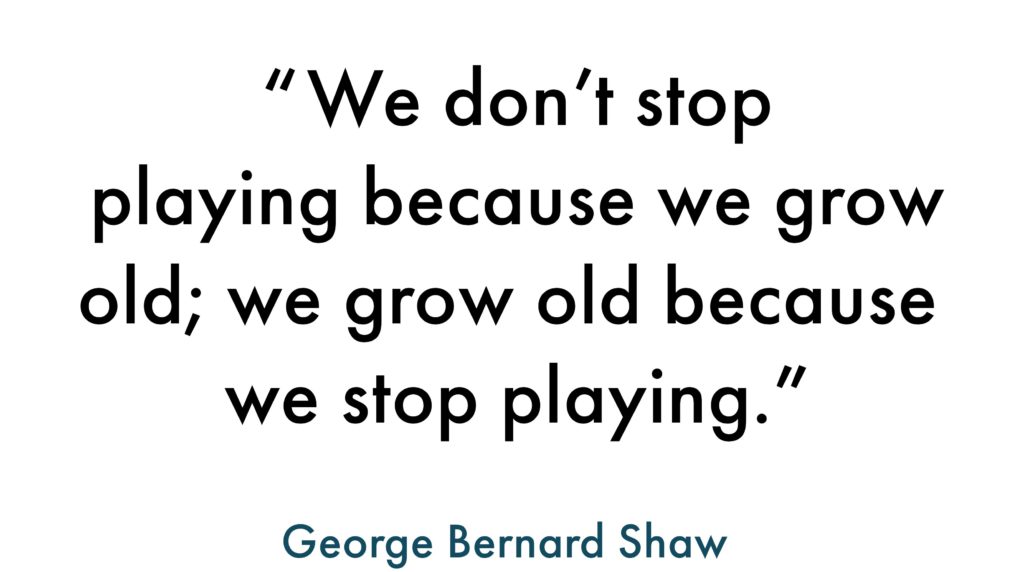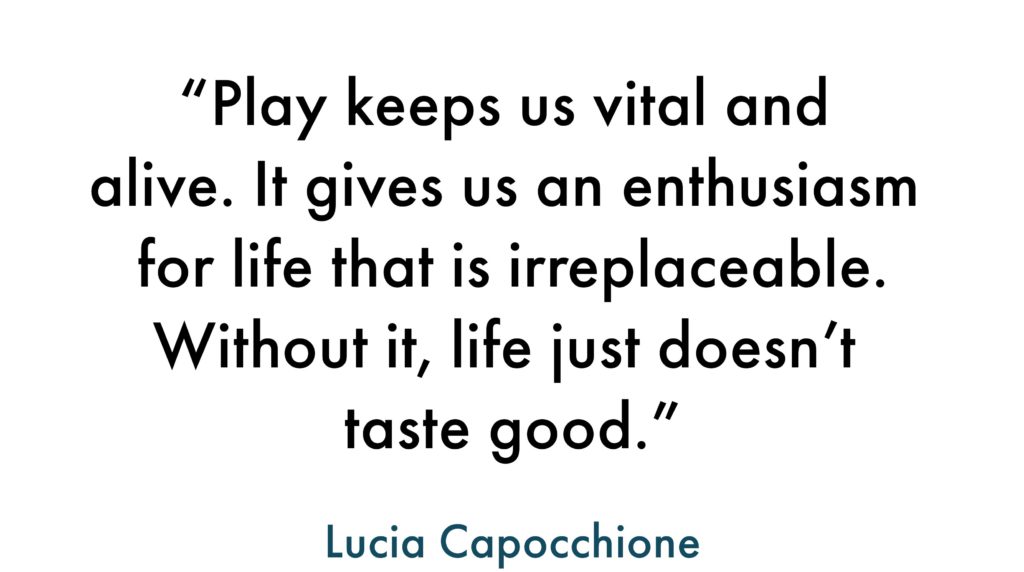The Benefits of Playing in Adulthood
The importance of play in children’s development is a well-known fact and backed by research. As we enter adulthood, we gradually start to play less and less. We somehow associate having fun with being the opposite of working or being efficient but fun and play shouldn’t end with childhood! For those who have been doubtful about the benefits of playing, we have good news: more and more new studies show that human play is vital at every age. By harnessing the power of fun, you will enhance valuable skills in your mind!
Skills you can improve through play
Playing is a free flow of fun, it is moments where you can let yourself go and don’t need to think in structures. Just by thinking about having fun from this perspective, we can already grasp how it could be essential for our brain to have a little time off from its many duties.
Integrating fun activities in your life will encourage you to think freely, and broaden your imagination. Playing with fidgets such as Square Wave also eases the spirit and mind: it is an effective way of releasing tension and even improving your creativity. By enhancing your creativity, playing also improves your problem-solving skills and helps you to make decisions quickly and more easily. Moreover, games and toys are an important tool for reducing stress as they contribute to our overall well-being. Not only your mood, but also your health will benefit from it!
Playtime is vital for the children’s growth in developing neural connections and in developing brain cells. Scientists now know that we have the capacity to grow new cells throughout our entire life. It will keep you fresh, simply because our brain needs fun to stay young and strong. In conclusion, playing is key if you want to slow down the ageing process and the later chances of developing dementia.
Our psychological barriers
It’s important to bear in mind, that minutes spent having fun are not wasted time. “A primary adult habit that thwarts play is self-control, “acting mature.” From a young age they were told not to act like children.“ – says Darcia F. Narvaez Ph.D. Playing improves cognitive functions and therefore it will also have a positive effect on your work.
“Play also establishes a context in which otherwise socially unacceptable behaviors are tolerated, if not actually enjoyed. Being silly, crude, seductive, babyish, bossy, mocking of authorities, going beyond the boundaries of propriety –all are common behaviors in the course of sociodramatic enactment. -says Adam & Allee Blatner in ther book called The Art of Play: Helping Adults Reclaim Imagination and Spontaneity.

Make time to have fun
So now we have the insight that playing is good for us. But how should we add more time to have more fun in our life? What could be some of the activities that can increase our fulfilment? Starting to play again can be first a little intimidating. Many of us have already forgotten what activities they perceive as fun. Perhaps you know already what fun means to you, yet you come to the conclusion that you just simply don’t have enough free time to spend playing.

















